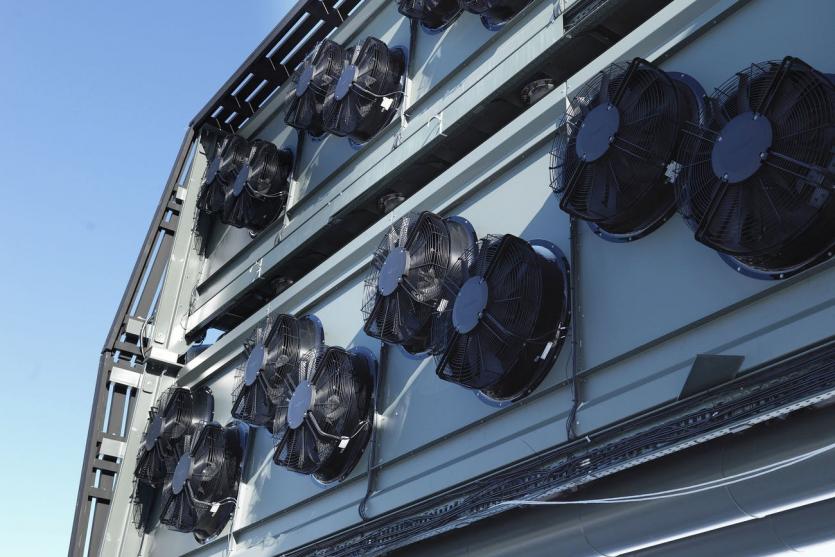Photo: Climeworks
By Patryk Krych | The World Daily | SEPTEMBER 9th 2021
The biggest plant in the world that’d been designed to suck carbon dioxide (CO2) out of the air had finally been activated on Wednesday, according to its associated companies. The machine sucks up CO2 out of the air and stores it deep below the ground as a mineral.
Last month, the Intergovernmental Panel on Climate Change had warned that if we don’t start taking measures to remove the carbon dioxide levels in our atmosphere, then the world will begin to see increased and irreversible disasters. This machine presents a way in which the fossil fuel economy can be run in reverse.
“This is the first time we are extracting CO2 from the air commercially and combining it with underground storage,” said Jan Wurzbacher, co-chief executive at the Zurich-based Climeworks who were responsible for the machine’s construction along with Iceland’s Carbfix.
The plant was named the ‘Orca’, after the Icelandic word ‘orka’ which means ‘energy.’ It will gradually collect around 4,000 tonnes of CO2 a year, to be stored underground where it will turn into a mineral. Though this may only be a small dent compared to the 33 billion tonnes of CO2 that’s been forecast to release into the atmosphere this year, it’s still a very valid demonstration of a technology that may well be improved.
The company’s original target had been to capture and store at least 300 million tonnes of the greenhouse gas, “but the timeline has changed as it takes longer than we originally anticipated to build up an entire industry,” Wurzbacher added.
“Already the demand for carbon removal at Orca is so high that we have decided to scale up this plant and build a roughly 10 times larger plant in about three years,” he said.
Climeworks in responsible for having built 16 such installations all across Europe, but out of all of them, the Orca is both the biggest, and the only one to actually permanently remove CO2 from the atmosphere rather than simply put it through a recycling process.
Bloomberg reported that the Orca cost somewhere between US$10 million and 15 million to build. It operates by drawing air into a collector through the use of fans, which filters out the CO2 from other gasses. Afterwards, the filter is closed off to the rest of the collector and the temperature is turned up in order to release and thus isolate the CO2. From there, the CO2 gets mixed up with water before being sent down at least a thousand meters underground for mineralisation.






